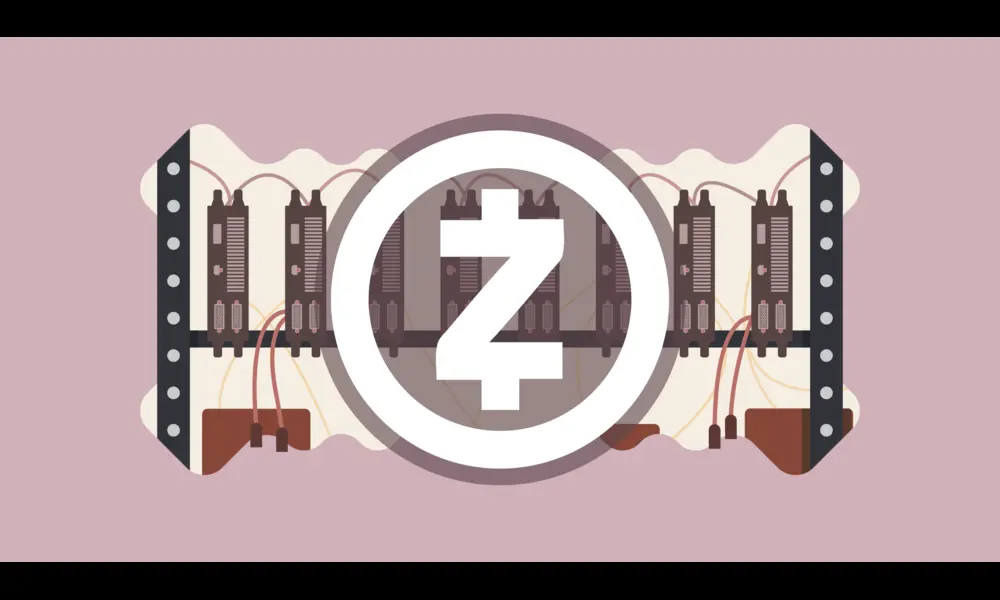New Algorithm to Standardize Representation of Constraints in Zero-Knowledge Proofs for Blockchain Technology
Published on Mon Sep 11 2023 Mining Zcash (ZEC) | Credit: BeatingBetting.co.uk on Flickr
Mining Zcash (ZEC) | Credit: BeatingBetting.co.uk on FlickrA recent preprint paper titled "Data-Flow-Based Normalization Generation Algorithm of R1CS for Zero-Knowledge Proof" has proposed an algorithm that aims to standardize the representation of Rank-1 Constraint Systems (R1CS) in zero-knowledge proofs (ZKPs). ZKPs are cryptographic techniques that address privacy and scalability concerns in blockchain technology. R1CS is a crucial component in the execution of statements in high-level programming languages, especially in ZKP applications. However, the flexible nature of R1CS representation often leads to variations in the compiled forms of R1CS with the same underlying semantics. This inconsistency poses challenges in analyzing and verifying ZKP programs.
To address this issue, the authors of the paper have developed a data-flow-based algorithm that generates a normalized format for different R1CS instances with identical semantics. The algorithm transforms an R1CS into a data flow graph structure resembling an expression tree and abstracts it to eliminate differences between equivalent R1CS constraints resulting from the generation process. The algorithm also proposes sorting rules for constraints and variables within R1CS, ultimately producing a unique normal form for equivalent R1CS.
The paper also presents an evaluation of the algorithm using a self-designed benchmark. The benchmark includes various categories, such as variable and constraint reordering, introduction of new variables, merging and splitting of constraints, to test the algorithm's robustness and correctness. The results of the experiments demonstrate that the generated paradigms meet the requirements of the R1CS paradigm and have the same semantics as the original R1CS constraint groups.
The proposed algorithm has significant implications for the optimization of R1CS and the analysis of equivalence and correctness in ZKP applications. By eliminating unnecessary redundancy and normalizing representation, the algorithm can improve existing methods and reduce the complexity of circuit verification. This work contributes to the advancement of zero-knowledge proofs and may pave the way for enhanced privacy and scalability in blockchain technology.
Future research in this area includes establishing rules for merging constraints and developing a more comprehensive benchmark. This would involve further exploration of the generation rules of R1CS to enhance the algorithm's capabilities.
Overall, this paper's findings have the potential to impact the development of zero-knowledge proofs and advance the field of blockchain technology by addressing challenges related to privacy, scalability, and program analysis.



